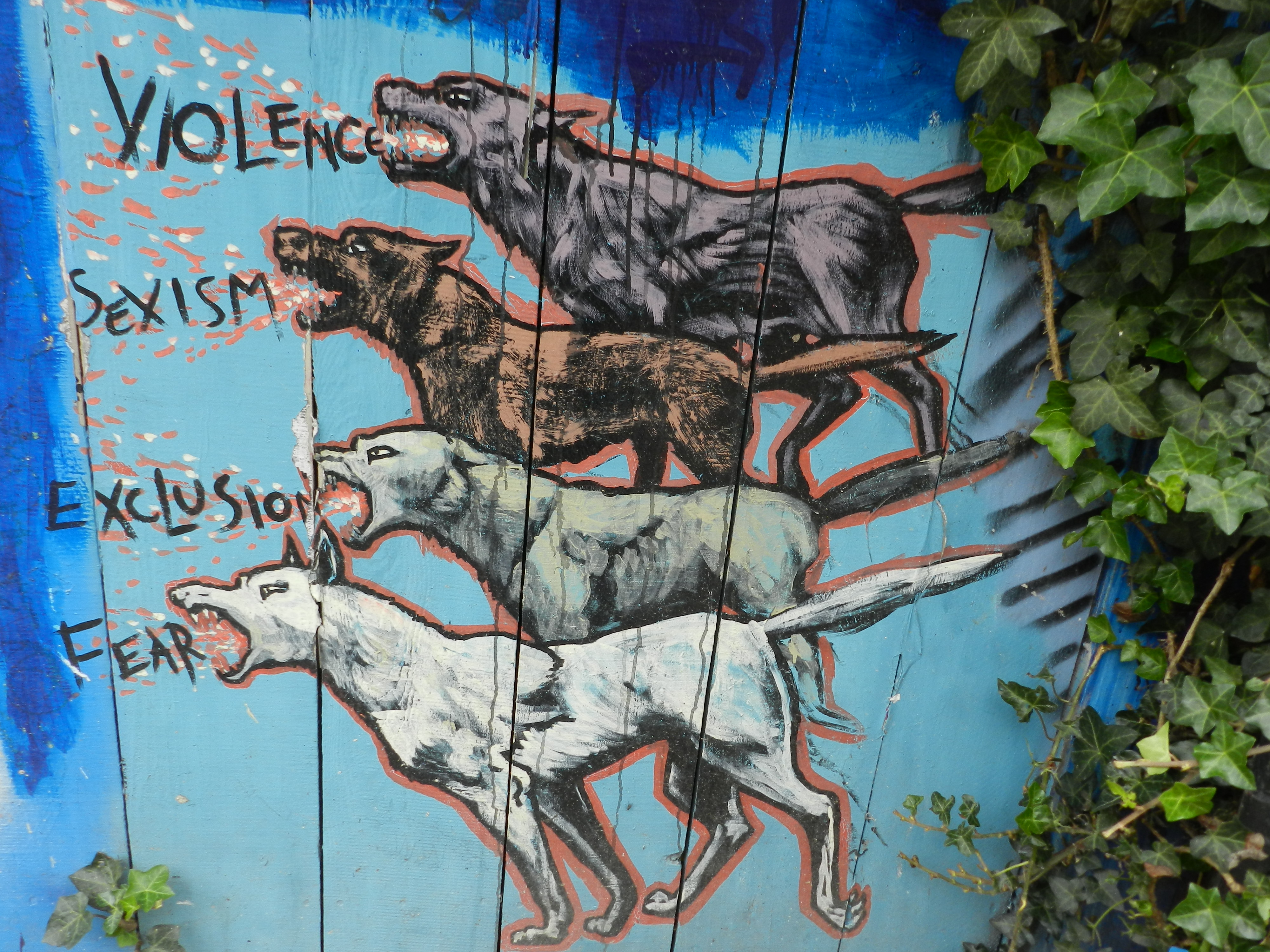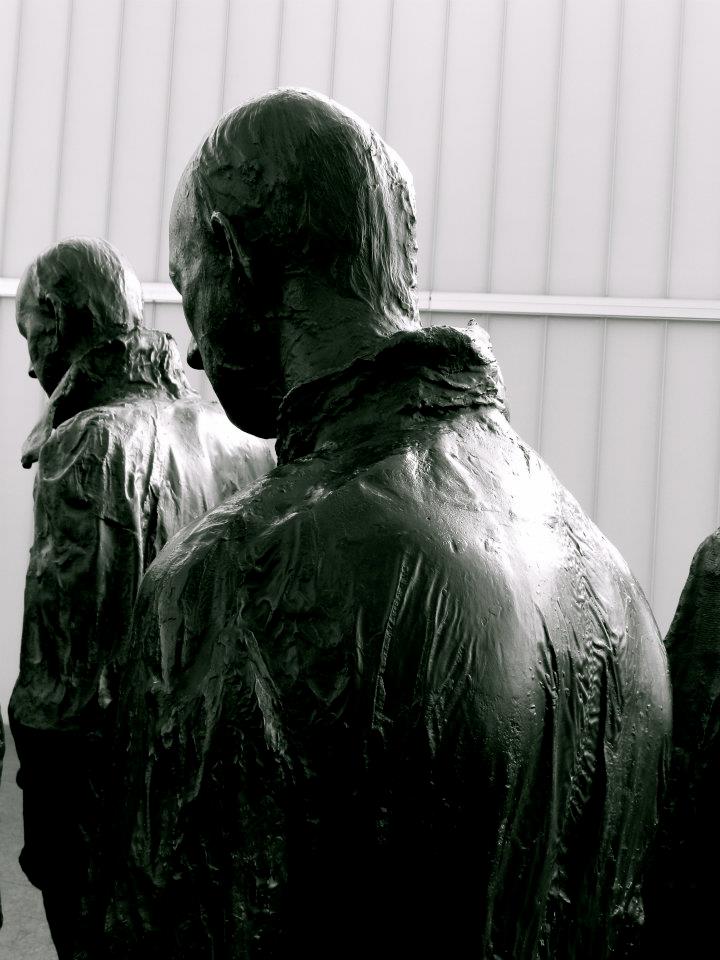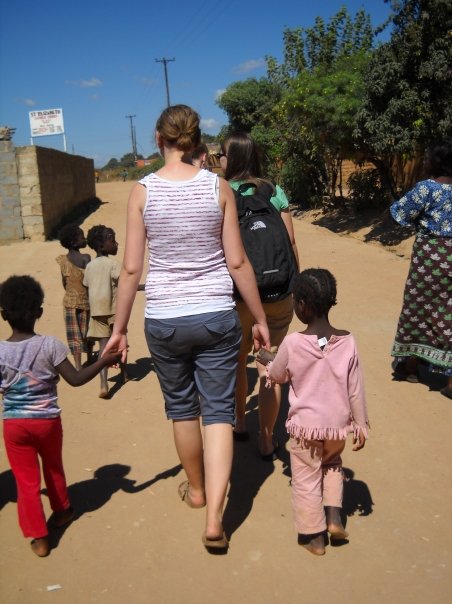One of my very first classes as a Freshman in college was called “Dialogue.” It was a required class where we read material like Martin Luther King Jr.’s “Letter from Birmingham Jail,” and discussed issues like modern day slavery.
I’ll be honest, as a naive 18 year old with a very limited scope of the world, the revelation that slavery was still occurring in many countries was shocking. I actually just didn’t know. Once I did know, I attended every lecture at the edge of my seat, waiting for the moment “they” would tell us what to do.
How do we fix it? How do we make it better? How do we fight for justice?
For months, we spent hours discussing the despairing facts. With each story of our collective capacity to treat each other with such cruelty, my heart grew heavier.
 And also, I got mad.
And also, I got mad.
Why were our professors telling us all of this? I kept waiting for the call to action. Waiting for solutions, waiting for a rallying cry, something I could pledge myself to to make a change.
As you’ve probably guessed, there was no rallying cry. There wasn’t a bullet list of action steps or prescribed solutions. Because, life is complicated. And sometimes our actions (especially if they’re misguided or misinformed) can do more harm than good.
Right?
Well, that angry, helpless, anxious feeling stayed with me. It was there when I heard about the Genocide in Sudan. When I interviewed a pastor from Zambia about the AIDS crisis in his home country. When I learned about the Zapatistas in Chiapas who were fighting for economic justice after NAFTA devastated their ability to earn a living wage. It was there every time I saw someone who was homeless on the street corner and averted my eyes.

For four years I soaked up this heart aching, angry feeling of helplessness. The more I opened my eyes to a world that contained suffering beyond the extension of my two arms and two legs and one life, the more I hurt.
I think for awhile, it fueled me. It lured me with the belief that if I hurt enough, if I hurt more, it would take away some of that hurt from someone else.
The truth is, I didn’t know what else to do.
When I learn about another mass shooting, this time a church. This time a local bar, this time a Kindergarten. A college. A mall. A movie theater.
Or I learn about men and women and children walking for thousands of miles to be met with our barbed wire fencing. Seeking asylum and met with militia.
Or I wave goodbye to a little girl wearing pink who’s traveled with her family from Syria on a train who is now boarding a bus taking her somewhere she nor her family actually know where. And neither do I. But I hear the children from Syria are afraid of their pillows because that’s when the bombs come. At night when they are trying to sleep and so the pillows must be the reason and I hope she is never afraid to rest her head on a pillow ever again.
It is all too much.
The news, the pictures, the politics. The suffering that extends far beyond the reach of these two arms and these two legs and this one life.
But, you see. This is part of the trick. Because the point of that anxious, heart aching, angry feeling is not just to hurt. Or grieve. Or turn away because we are saturated with pain and cannot absorb any more.
That is the lie that we are ready now to take apart.
With compassion. And action.

There is not too much for this one body, this one life, to do. Because we are many.
MANY.
I was lucky enough that although academia didn’t offer immediate answers to the AIDS crisis in Zambia, the homeless in Chicago, the crisis of genocide in Sudan, or the poverty in Chiapas, it did tell me this: Social justice is how we love people in public.

And so with this new knowledge and wide open eyes, we decided to start doing that.
Students organized a weekly trip to Lower Wacker to share extra hot meals prepared by the cafeteria. In a few weeks we raised enough money to take a full charter bus all the way to D.C. for the “Save Darfur Rally,” traveled into the heart of Chiapas to see for ourselves, and stood beside the unmarked graves of AIDS victims in Zambia.
Because we could do something. If only love.
And we can do something now. If only love.

Consider this your call to action.
Don’t give up.
*The current immigration crisis is nearest and dearest to my heart right now. Being far from the border it is hard to know how to take action but I’ve found several organizations who are. Please consider offering your support, time, experience, and voice.
The Informed Immigrant- A collective of nationally recognized immigrant-serving organizations, lawyers, technologists, and allies dedicated to helping the undocumented immigrant community.
Border Angles- Making water, food, and clothing drops along the border to provide for immigrants as they attempt the often dangerous and deadly journey toward the U.S.
National Immigrant Justice Center -Dedicated to ensuring human rights protections and access to justice for all immigrants, refugees and asylum seekers.
We belong to each other. For always.
Google+

No Comments